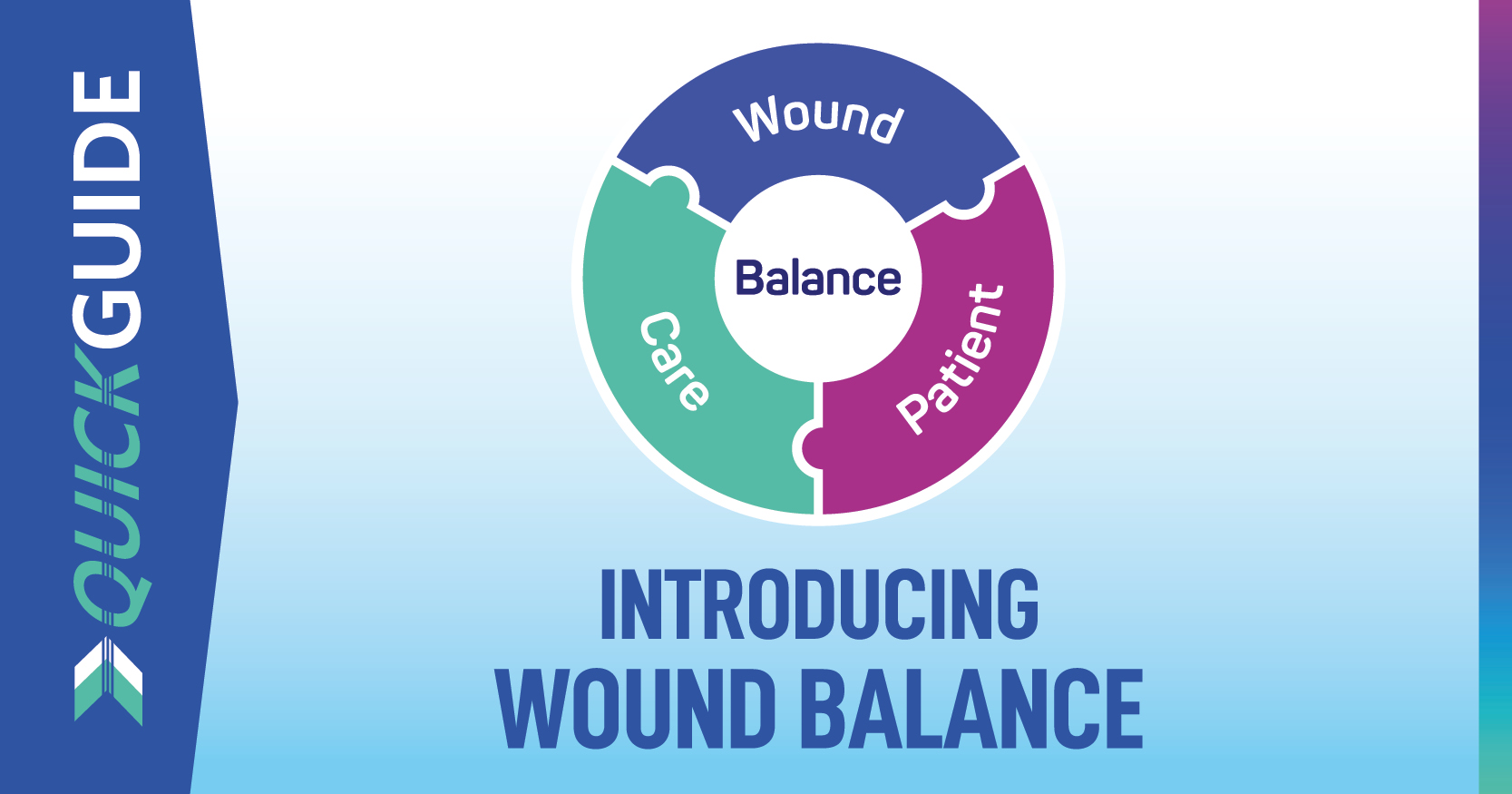Patient consent is an absolute requirement before a health care professional can carry out any care or intervention for a patient. Most of the time this will not be problematic, but there will be occasions when clinicians encounter patients who refuse recommended care and treatment. There will also be the need to provide care in situations where patients are unable to give consent. The Mental Capacity Act (2005) (Department for Constitutional Affairs, 2005) provides a legal framework for protecting patients who lack capacity to give consent and the professionals who care for them. This article will outline the key principles of the Act and the capacity assessment. A case study will illustrate the mental capacity assessment in practice.




